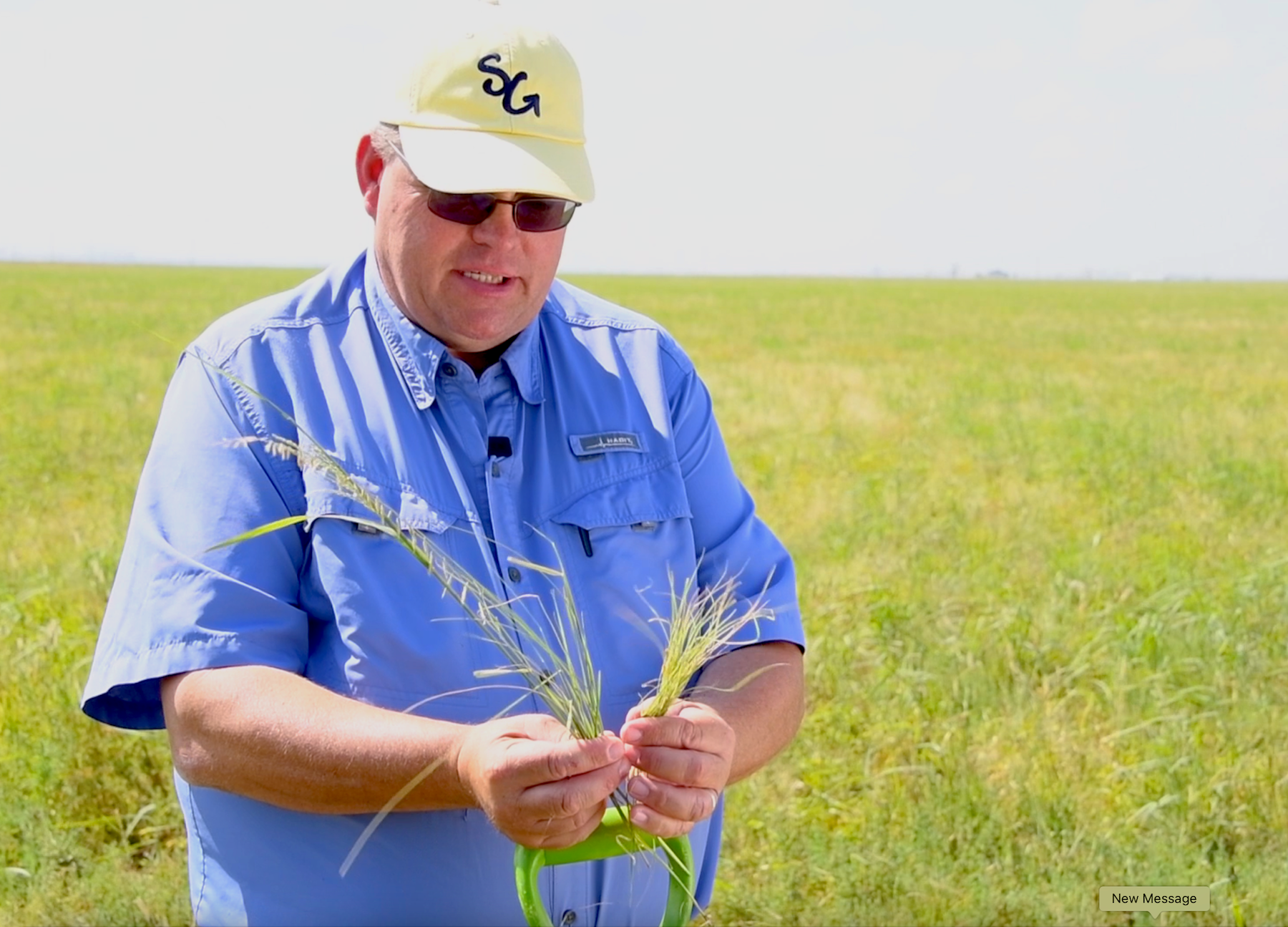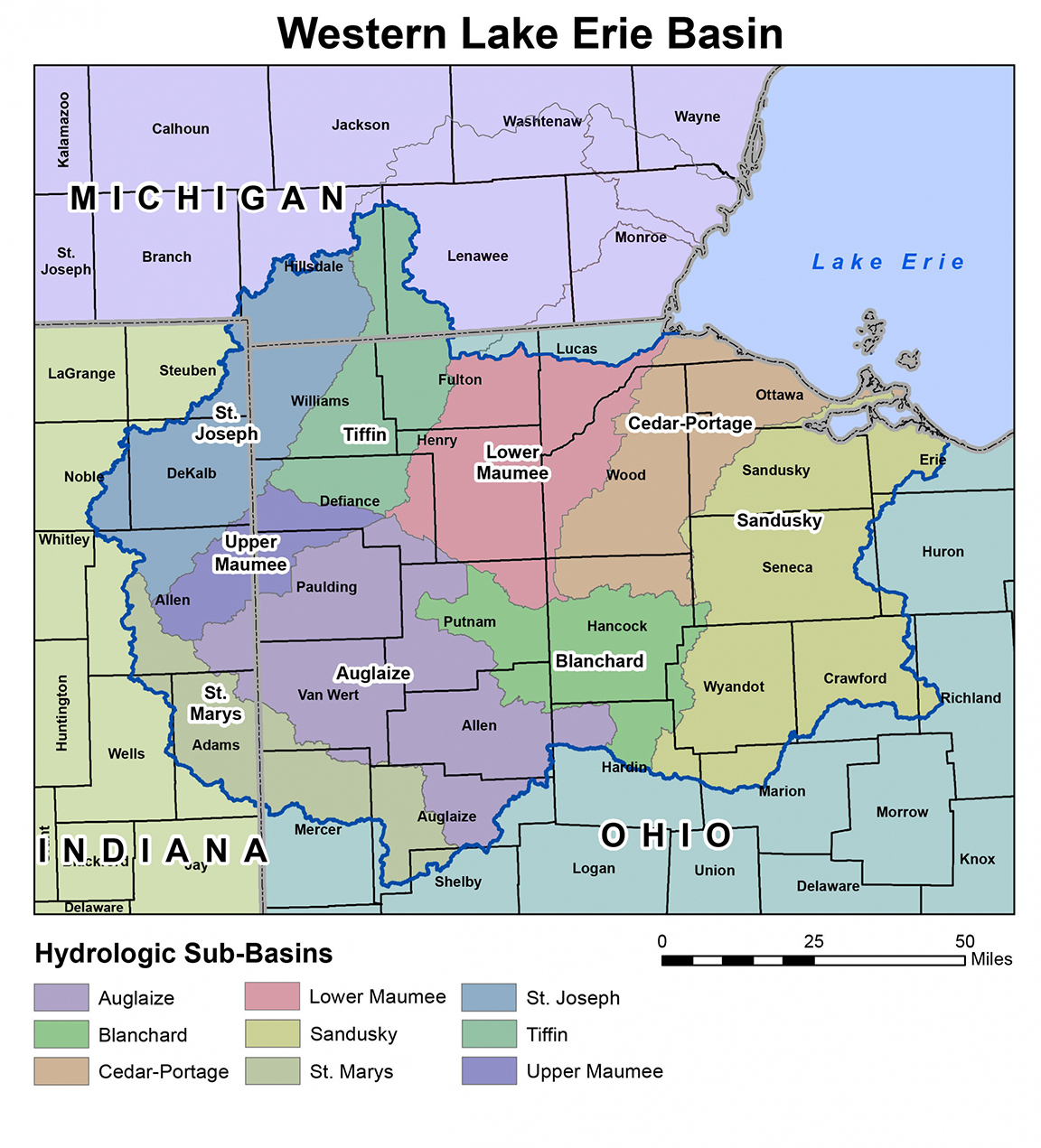BAMERT SEED
MY CONSERVATION STORY...
BAMERT SEED
BOOSTING BIODIVERSITY AND WATER AVAILABILITY ON RANGELAND
Most conversations about the Ogallala Aquifer in the southern High Plains revolve around water scarcity. But ask Chris Grotegut about his 11,000-acre farming and ranching operation outside of Hereford, Texas, and you'll find out he pulled out 75% of his pivots and shifted to a largely dryland system.
Grotegut's secret weapon: biodiversity. At the heart of his system is a broad mix of native grasses, forbs and legumes from Bamert Seed that protect his fields from erosion and heat, improve the capture and infiltration of rainwater, and turn sunlight and water into nutrients that support his livestock.

It's all about plant succession, a steady march toward a mix of perennials that utilize water at different depths and operate as an ecosystem.
"We want to see all the different types of grasses with different growth forms, with different growth curves, because that helps with our biology above ground," says Rob Cook, director of business development for Bamert Seed in Muleshoe, Texas. "But it also helps with the biology below ground: all these roots look different under the soil, also, and all this biodiversity is our best insurance against drought."
Since 1951, Bamert Seed has been a leader in breeding, growing and blending native seed for prairie restoration, grazing swards, pollinator habitat, reclamation projects and more.
Grotegut uses Bamert Seed blends to make his operation more productive and sustainable, tapping into the dynamics of the prairie.
"Farmers have spent billions and billions of dollars to fight the process of plant succession," he notes. "And our view today is let's quit fighting plant succession and try to utilize it to our benefit."
Click here to hear Chris Grotegut, Rob Cook and Bamert Seed Co. president Brett Bamert discuss Grotegut's prairie plantings and water-building strategy.
My Conservation Story is a special feature of Conservation in Action News highlighting the conservation systems CTIC members use to advance conservation agriculture. If you have a conservation story to tell, contact CTIC executive director Mike Komp.

